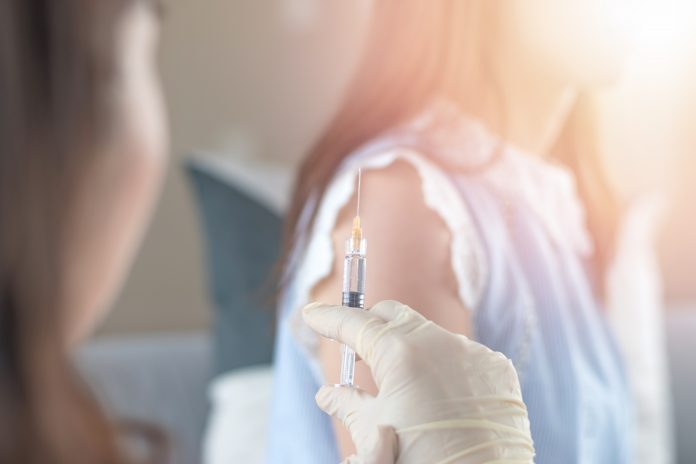A recent study has found that booster vaccinations against Covid-19, along with other measures, help to maximise protection, sending a message to those hesitant about receiving a third vaccine dose.
The study, which examined two indoor events in Newcastle, NSW, at the beginning of the Omicron outbreak has provided further evidence of the benefits of the public health and social measures put in place, along with the vaccine boosters, to maximise protection from the Covid-19 variant of concern.
According to the study’s lead, Associate Professor Bette Liu from the National Centre for Immunisation Research and Surveillance and UNSW Sydney, while the findings from these high-risk settings – a nightclub and a graduation ball – may not be able to be translated to other environments, the study does provide valuable information to support the need for public health and social measures to reduce the rate of transmission.
“Our findings suggest that while recent vaccination with two doses was moderately effective in preventing infection with the Omicron variant, this varies depending on the setting,” Associate Professor Liu said.
“Social restrictions are needed in high-risk indoor environments, in addition to two doses and a booster, to reduce infection risk.
“At both of the Newcastle indoor entertainment venues… at least 95 per cent of people had two doses of a Covid-19 vaccine but of those followed up, approximately 55 per cent tested positive.”
Dr Liu says that while it is reassuring that none of those infected in the outbreaks were admitted to hospital due to Covid-19, their young age meant the findings could not be compared to the general population.
Additionally, the outbreaks occurred in environments where social restrictions were absent: there was no mask-wearing, nor strict control on density limits, and activities conducive to virus transmission occurred, particularly at the nightclub with energetic dancing, drinking and close face-to-face contact in mostly small, crowded and poorly ventilated rooms with few external open windows.
Commenting on the study, Hunter New England Local Health District Health Protection Director, Professor David Durrheim says this research, as well as data from the UK and South Africa, shows the importance of boosters.
“While we can see moderate protection against hospitalisation for the Omicron variant following two vaccine doses, protection wanes from two to three months after the second dose, but is increased significantly following a booster,” he said.
“Just as important, our study reinforces the need for the public health measures, including wearing masks indoors, on public transport and in schools, density limits, increased ventilation, and restrictions on dancing and singing.
“Our study adds to the evidence that these measures and restrictions coupled with recent booster vaccination are the best way to keep our community safe.”
Meanwhile, a survey of more than 3400 adults in January by the Australian National University found that 41.5 per cent had received a booster vaccination.
“There’s a very large proportion of adult Australians who are eligible for a booster but haven’t yet had one, with many of these individuals likely to have waning immunity from their first two doses,” said Professor Nicholas Biddle, co-author of the survey report.
The January survey shows that a greater number of respondents are more hesitant about receiving a booster shot now than in October 2021, highlighting a shift in attitude towards the booster in recent months.
“In January 2022, a very high proportion of people, 65.4 per cent, said they would definitely have the booster,” Professor Biddle said, “[but] this is a little lower than when the same people were asked in October 2021, when 71.9 per cent of people said they’d get a booster.
“Leaving aside those who are not eligible, for some others this may reflect a belief that they’re sufficiently protected from their initial two doses.
“The experience of the first two doses, particularly side effects, may also have made some reluctant to seek out a third dose.”
The survey also found that those less likely to have received a third dose of a Covid vaccine included Australians aged 18-24, Aboriginal and Torres Strait Islanders, those with low education, and people who live in disadvantaged areas.
For more, and to read this Health Series article as it appears in the April issue of Retail Pharmacy magazine, visit: retailpharmacymagazine.com.au/magazine/retail-pharmacy-april-2022








